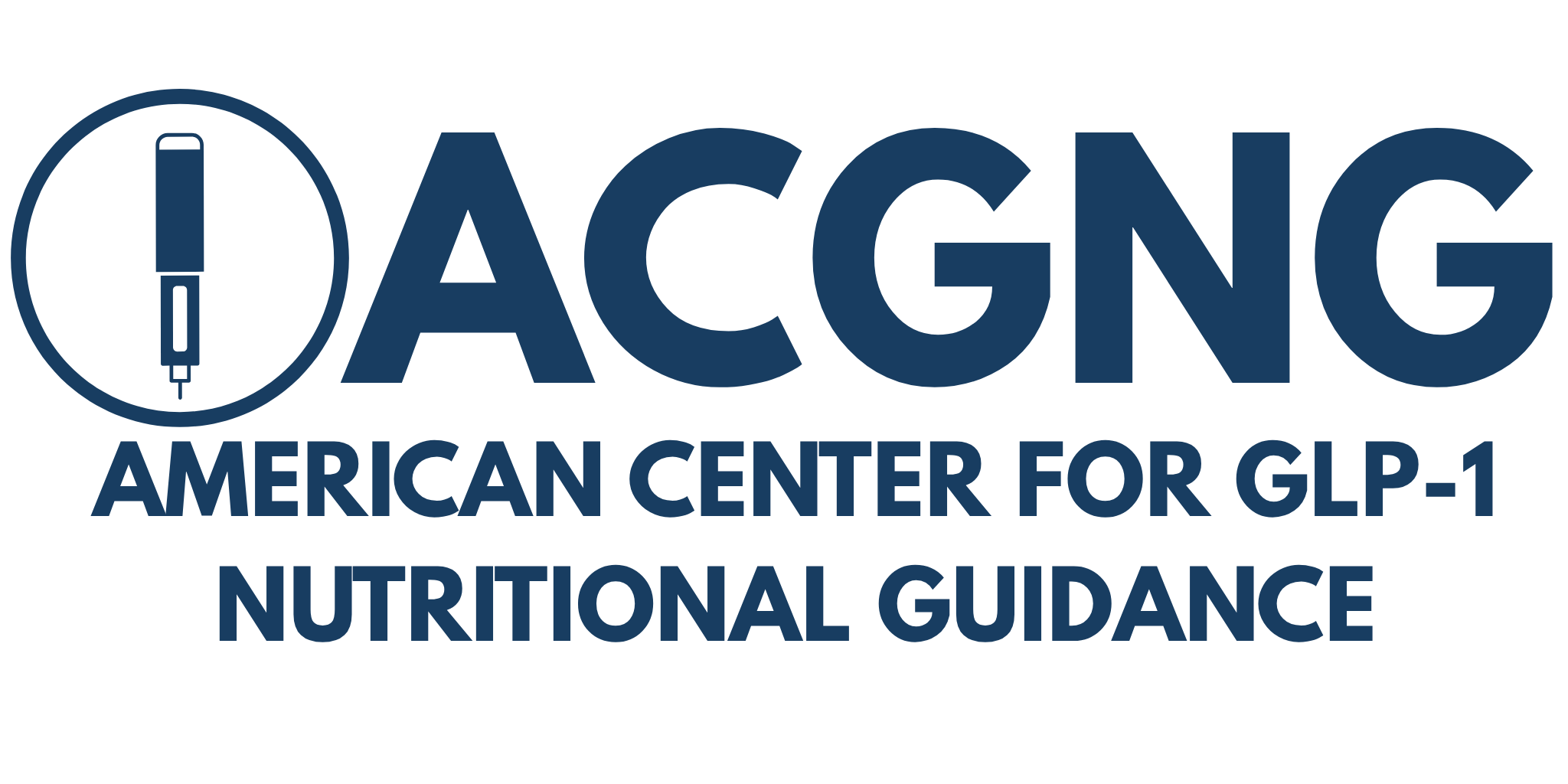Why Supplementation Matters
GLP-1 receptor agonists significantly reduce appetite and food intake, which can lead to unintended deficiencies in essential nutrients. Even when used alongside a balanced diet, reduced caloric intake and altered digestion may compromise the body’s access to critical vitamins, minerals, and macronutrients. Supplementation plays an important role in preventing nutritional gaps that could undermine health outcomes or lead to long-term issues.
Common Nutrient Concerns with GLP-1 Use
- Vitamin B12: At risk due to decreased dietary intake and potential malabsorption.
- Vitamin D: Frequently deficient even in the general population; may worsen with low intake.
- Iron: Especially a concern for menstruating individuals or those with very low caloric intake.
- Calcium & Magnesium: Essential for bone and muscle health, often under-consumed.
- Protein & Fiber: Reduced appetite may lead to insufficient intake of these key components for satiety, metabolism, and gut health.
When to Start Supplementation
- Proactively, alongside GLP-1 initiation, especially if calorie intake is expected to drop significantly.
- In response to lab-detected deficiencies or symptoms like fatigue, hair thinning, or muscle loss.
- Post-therapy, as appetite may return faster than nutrient quality improves—supplements support transition.
Supplement Types
- Multivitamins: Daily coverage of basic micronutrient needs.
- Protein supplements: Powders or ready-to-drink options to help meet daily protein targets.
- Targeted nutrients: B12, Vitamin D3, Iron, Magnesium, Calcium Citrate, etc.
- Fiber supplements: Soluble fiber to aid digestion, manage blood sugar, and support gut health.
Importance of Medical Guidance
Supplementation should always be guided by a healthcare professional, including lab testing when possible. Over-supplementation or incorrect combinations (e.g., calcium blocking iron absorption) can cause harm. Personalized plans are safest and most effective.
What This Section Covers
- Key vitamins and minerals to monitor
- Protein, fiber, and hydration guidance
- Recommended supplementation ranges
- Supplements to avoid or use cautiously
- Post-GLP-1 nutrition strategies
References
- NIH Office of Dietary Supplements. “Micronutrient Needs During Weight Loss.” Updated 2023.
- Rubino D et al. “Impact of GLP-1 Receptor Agonists on Nutritional Intake and Body Composition.” Obesity Reviews. 2022.
- American Society for Metabolic and Bariatric Surgery. “Nutritional Guidelines for Weight Management.” 2023.
- Endocrine Society Clinical Practice Guidelines. “Obesity and Nutritional Management.” 2024.
